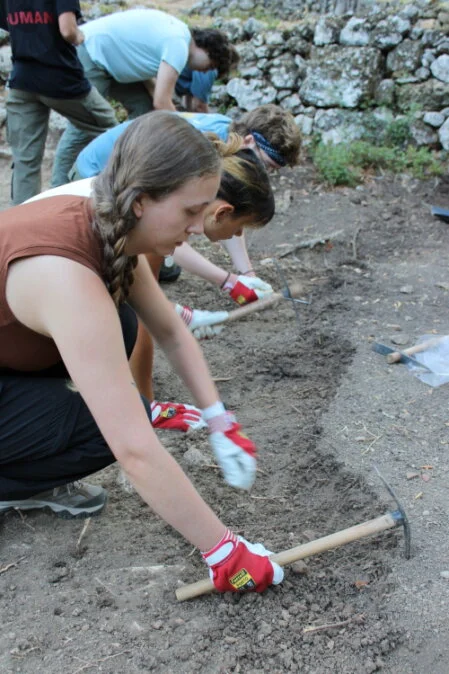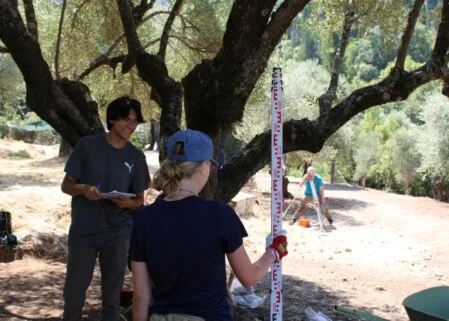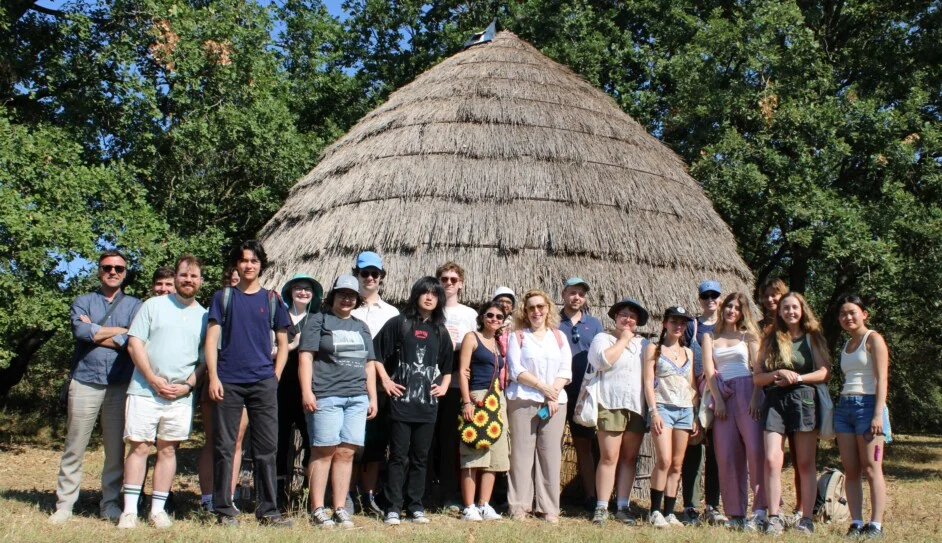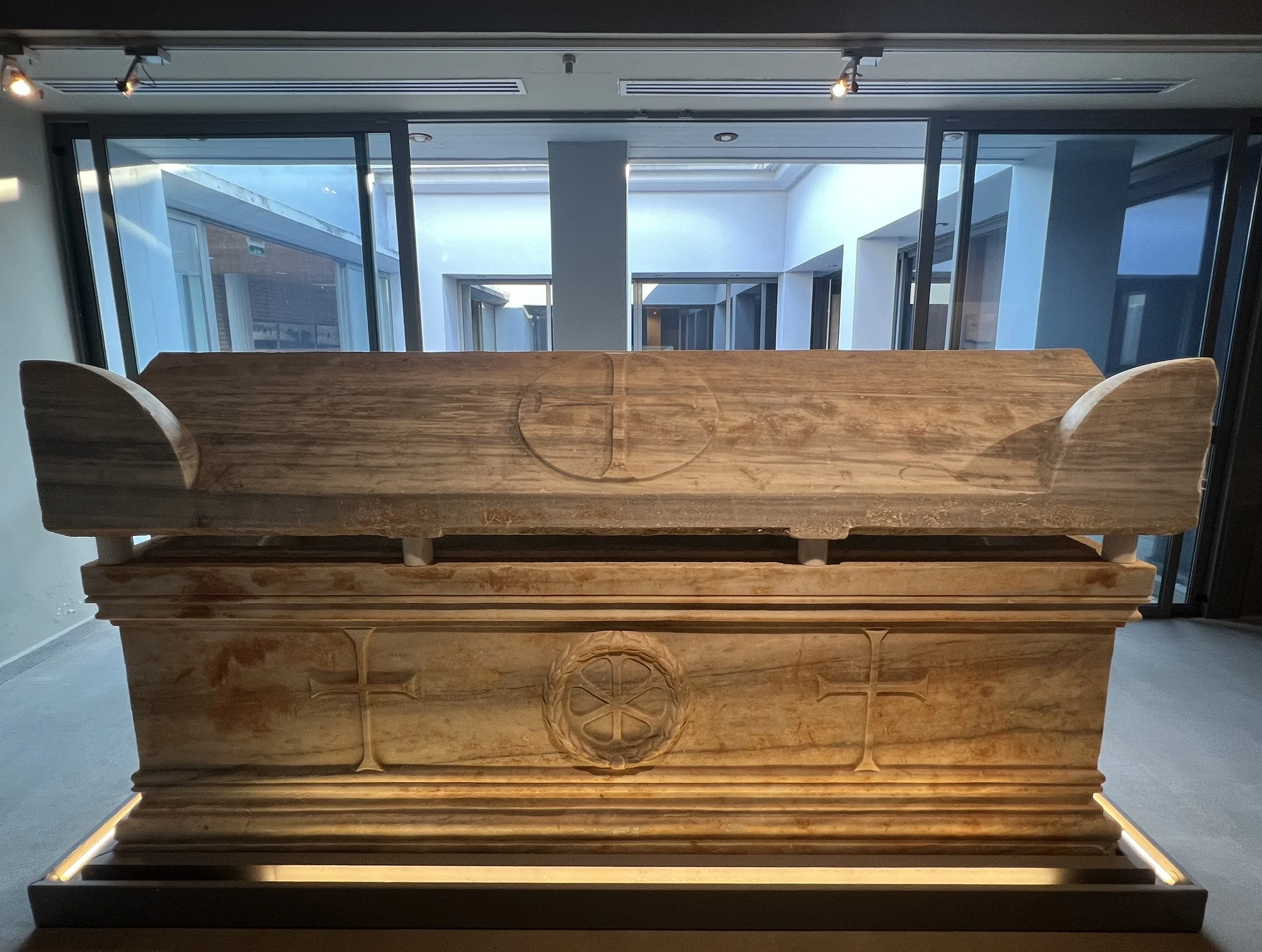Our projects
During our field school, you will participate in real archaeological excavation alongside professional archaeologists of the Greek Ministry of Culture, attend seminars on archaeology, language, ancient philosophy, archaeopolitics, and heritage studies, visit important sites and museums. You will also be introduced to bioarchaeology, handle real skeletal remains, and acquire skills in human osteology.
No prior excavation experience is required for your participation. You will receive personalized, professional training in all accredited scientific protocols, including:
Advanced excavation methods
Stratigraphy
Archaeological photography
Use of total station and levelling instruments
Site drawing (plains, profiles, and stratigraphic)
Handling finds, labeling, storing
Environmental and organic sampling
Site recording and finds recording
Lectures
We conduct our lectures in the form of seminars and workshops, so that participants have ample opportunity to pose questions and discuss with the lecturers and between them. We deliver high-quality, thought-provoking lectures by leading researchers and established academics in the field.
Bioarchaeology
During the course, you will handle real human remains from excavations. You will receive lectures and practical training in:
Bone identification
Recording individual skeletons and commingled remains
Aging and sexing of human remains
Metrics and non-metrics
Paleopathology and trauma
Cremated remains
Biomolecular applications (isotopes, aDNA, proteomics)
Current issues in bioarchaeology and research skills
The programme (Monday to Friday):
7.30 am to 1.30 pm: Excavation and general field work
1.30 pm to 6.30 pm: Lunch and rest
6.30 pm to 8.30 pm: Lectures, post excavation work, and trips
8.30pm: Dinner
Some trips take place on weekends. The programme is subject to change. We offer academic credit at no additional cost; however, you must seek approval from your department and academic advisor beforehand.







